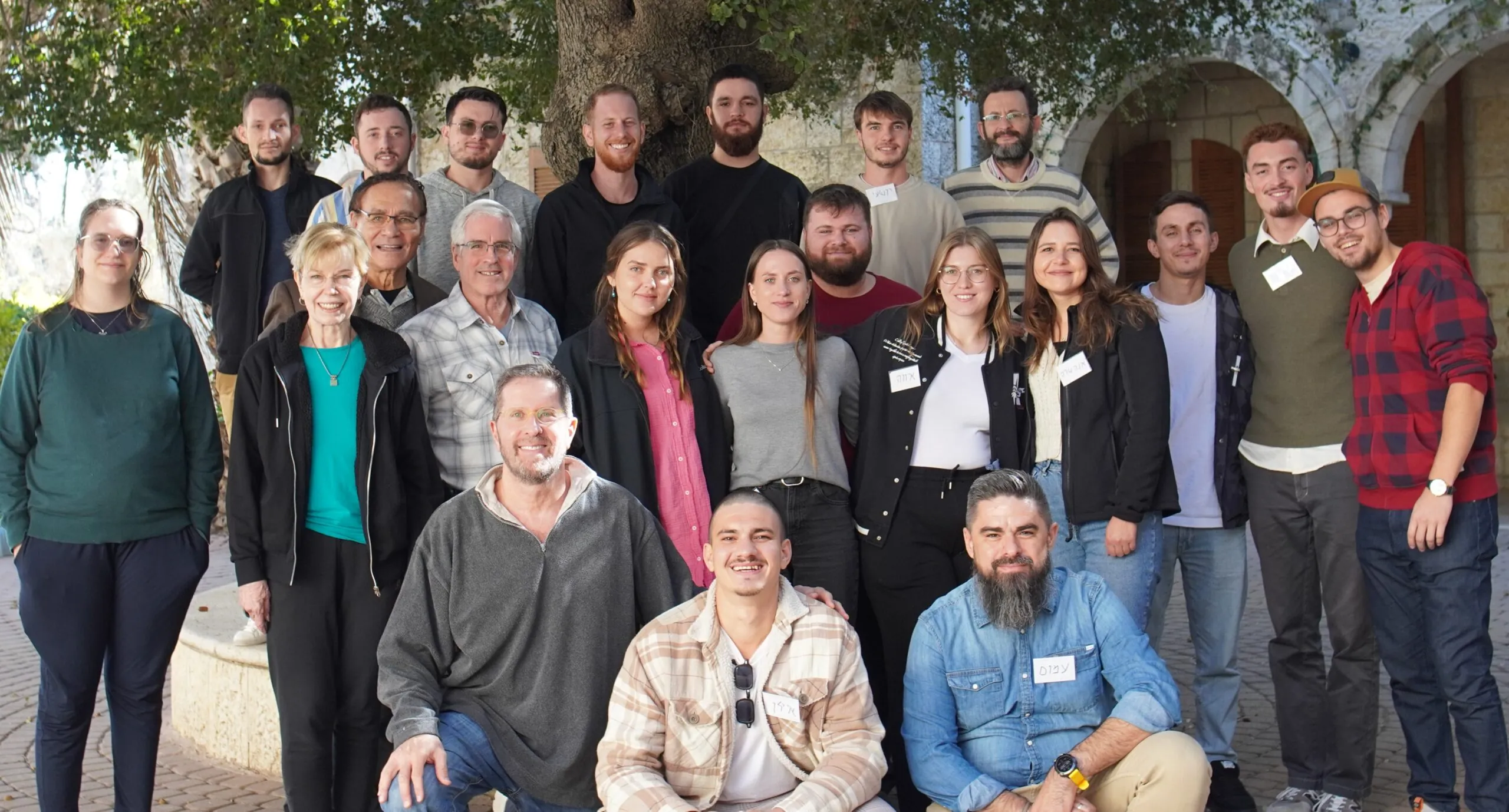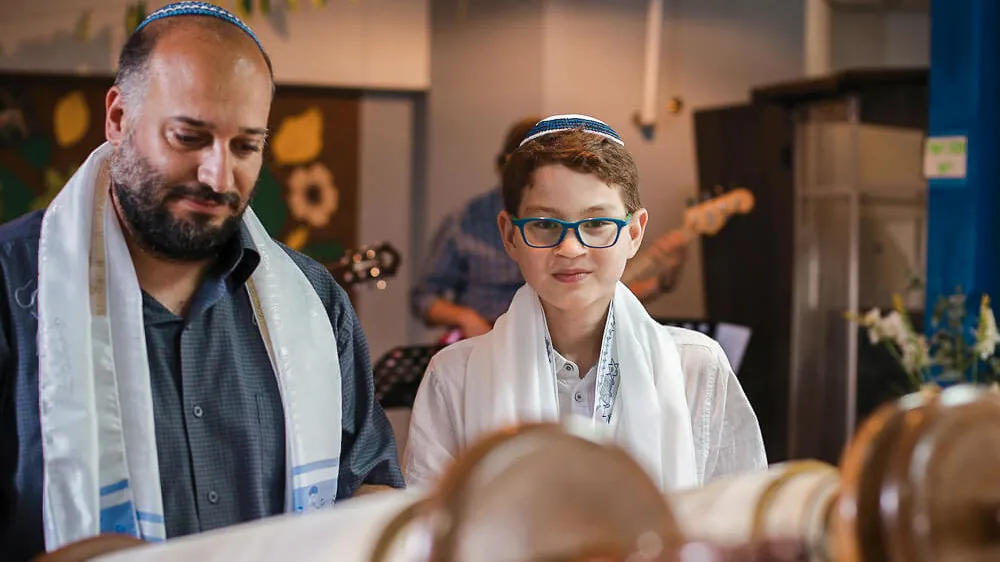
It was Lag Ba’Omer, 33 days after Passover when Israelis get together and light bonfires all over the country. I was on the beach with my friends from boarding school and one of them came up to tell me they found the guy I had been waiting to kill. We were a group of 20 and this guy was just there alone with his younger brother. Everyone looked at me expectantly. They would join in—I just had to start the fight.
I think you’ll have to understand my background to fully appreciate what happened that night. Test 123123123123
I come from a traditional Jewish family—not super religious though. Our expression as Jews focused on things like not driving on the Sabbath, celebrating the Jewish holidays, things like that. Growing up, I had many behavioral and educational problems due to severe dyslexia. At that time though, Israel’s educational system didn’t know how to handle learning disabilities. My teachers just thought I was being disruptive in class on purpose and they made me repeat the first grade.
Eventually, someone realized I genuinely had trouble learning and placed me in a special ed class. They were unsure what my problem was, but it didn’t really matter. In those days every grade had one special education class for all the problematic kids, no matter their diagnosis.
At the age of 10 I still struggled with elementary reading and writing. My school made several attempts to relocate me to a suitable class, and during the process I was left at home for months at a time. So, as a 10-year-old I would hang out with 16 or 17-year-olds from the streets. We would do lots of stupid things. Once, we were messing around and I lit a fire on school property in our neighborhood, and the fire quickly spread to the school building itself. A police investigation of our family ensued and officers from social welfare got involved. Again, they tried to find a suitable framework for me, but none could be found. So, at 12 years old, I was taken from my family to an institution for problematic boys in Pardes Hanna, a nearby town. Most of the kids there were between 14 and army age. I was put in the class of the youngest kids.
It was a very hard place with lots of violence—even the instructors used violence. My parents were very upset with this decision, but social services had a warrant against me. They insisted I was the reason my siblings, friends and other kids in my neighborhood were behaving recklessly and they needed to remove me to save the other children. The only positive thing that happened there was that, for the first time, I was properly diagnosed. They found that I was severely dyslexic, and finally understood my behavior.
I was only allowed to go home once a month, so my father would come to visit me all the time. He wasn’t a big talker, but he showed his love by just sitting with me,
bringing me things I needed and switching out my dirty clothes with clean clothes my mother had washed for me.
For a whole year my parents fought to get me out of this institution. They would meet with the Ministry of Social Welfare, with the social worker of the neighborhood—with anyone who would listen. Finally, after a year, I was transferred to a boarding school in Petah Tikvah. This was a big improvement for me because the first institution was more for criminal teens while the new boarding school was more for kids whose family situations were problematic.
Since I was 13 years old by then, they placed me in the 7th grade but quickly realized my academic level was closer to that of a third grader. My lack of knowledge wasn’t just academic—it was also cultural. I remember my classmates laughing at me because I didn’t know the words to “Hatikva”—our national anthem—something Israeli children learn by heart very early in school. One of the teachers saw my struggle and took me on as her special project. For the next three years, she invested in me and every day after school I studied three additional hours of reading, writing, math and basic history.

Mad at the World
Though academically things progressed well, as a person, you could say my most dominant character trait was anger. I was mad at the whole world. I was a child who wanted to be home—to be with my parents—but I had to be at an institution. The longer I stayed there the more frustrated I became. Often, when a situation arose that I didn’t know how to solve, I immediately reacted with violent behavior.
One of the most significant run-ins I had as a teenager was when I was 16. A friend and I were walking down a street when we passed by this known troublemaker. He stared me down and when I looked over and met his eyes he challenged me, “Why you staring at me?” I replied that I wasn’t staring at him. I knew this boy. I knew he was a serious criminal and that I was forbidden to associate with him. He got up in my face, ripped my necklace from around my neck and asked again, “Why you staring at me?” I pushed him away and he pulled out a knife and slashed a vein in my neck just below my left ear. Blood went everywhere. An ambulance came, police came, the whole area was cordoned off like a murder had taken place. They caught the guy because he lived right there, but he was back on the streets almost immediately.
I burned with rage over what happened. I told everyone I knew that I would pay him back—I would kill him. I became obsessive. It wasn’t normal. I couldn’t sleep at night; I would just lay there envisioning myself stabbing him with a knife. I bought a knife and waited for the opportunity for revenge.
A Lifeline?
Just a few weeks before this happened, my friends from the boarding school, Meital and Hila, told me for the first time about Ari and Shira and Jews who believe in Yeshua. I remember thinking, what nonsense—there is no such thing. The girls told me they had met some nice young people on the beach and had gone to several of their meetings in Ramat Hasharon. I had a number of questions and Meital didn’t have answers. “Just come to Ramat Hasharon and meet these people; they can give you answers,” she told me. I finally agreed to go, but only to prove to her that they were clearly not Jewish and that there is no such thing as a Jew who believes in Yeshua.
When I visited for the first time, I remember thinking I clearly didn’t agree with what they were saying, but there was something unusual about them. It was something impossible to describe with words—a special light in the eyes of these people. I wouldn’t have used these terms then, but today I would call it a genuine joy and peace. I could also see that these people believed with all their heart—they weren’t trying to trick us.
They told me about Yeshua using only Scriptures from the Tanach (Old Testament). But I decided I would read the New Testament for myself. I even took a pen to mark all the places in the New Testament where it says to hate the Jews and other anti-Semitic sayings.
First Impressions
I remember the first time I opened the New Testament. I was at my parents’ house and I closed the door to my room so I wouldn’t have to explain what I was doing. There were three first impressions I had when I began reading. First, I loved that the New Testament was in modern Hebrew (as it was translated from Greek). I could understand what I was reading! Studying the ancient Hebrew of the Tanach in school is difficult even for normal Israelis. How much more for someone like me…
Secondly, I was immensely impacted by the first chapter in Matthew that showed Yeshua’s lineage was Jewish—via King David himself! It was such a revelation to me that Yeshua was a Jew!
The third thing that struck me was the Jewish context of everything mentioned. I saw Sukkot (Feast of Tabernacles), Passover, Shavuot (Feast of First Fruits) … I didn’t see Christmas, Easter and other unfamiliar practices. I was looking for things that spoke against the Jews. But all I saw were quotes from the Tanach and stories about healing Jews, not killing them.
Still, there was a barrier; I could not accept Yeshua. My grandfather was a Jew, my grandfather’s grandfather was a Jew, and most certainly there were times they were persecuted but held fast to maintain their Jewishness. And here I was, the firstborn son in my family, their legacy—the continuation of their story. If I believed in Yeshua, it would be the betrayal of my entire family line that had fought to keep their Jewish traditions and had fought to come to the Land of Israel. How could I, having been privileged enough to be born in the land of my ancestors, break away from this heritage?
My heart and my head fought intensely. I spent a lot of time talking to Ari. I don’t recall all that was said, but I remember I would leave those meetings with joy in my heart. That was how Ari became my spiritual father.

The Conference
The youth conference was a turning point for me. The messages of Scott Wilson from Texas really touched my heart. I remember the sentence that he repeated many times: “a tiny seed [good or bad] will bring forth big fruit.”
On the last day of the conference, I watched the youth dancing and singing songs. I had all kinds of thoughts in my head when I saw them jumping and dancing. From my experience, when you wanted to pray to God, you solemnly read the Siddur (prayer book) at the synagogue. Their free exuberance was very odd to me.
As I was thinking about all this, I began to have strange sensations in my stomach. At first I thought I’d eaten something bad, but then I realized that it was a pleasant feeling and it was spreading through my whole body. As I was sensing this, I felt/heard in my head, “You’re feeling the love of God.” After a few minutes, another thought came to me—“This love of God I’m feeling comes through Yeshua and in order to receive the love of God, I need to receive Yeshua.”
An inner struggle began in me. I said to myself, “I do want the love of God, but I don’t want Yeshua. I want God, but I don’t want Yeshua.” As I wrestled within myself, the pleasant sensation became stronger. The next thing I remember is that Shani was standing beside me and started to pray for me. Others joined in, but I remember every time I opened my eyes, I saw her praying. I remember she asked me if I wanted to pray to accept Yeshua while I was still struggling within myself. I finally surrendered within myself and said, “If through Yeshua I’ll get God’s love, I am ready to accept Him. I’m ready to accept Yeshua.”
I left that conference so happy and full. It was Passover break and I went straight home and told my parents, my siblings, my friends—everyone—about my experience. “Look how happy I am!” I told them, “You can only receive this joy through Yeshua!” The sensation remained very strong for weeks. I think everyone thought I had gone a bit crazy.
In the beginning my parents were very much against it. Everything that I thought they would say, happened—that I betrayed the family, that I had converted to Christianity. They said, “Yeshua is worse than Hitler; He is the one who influenced Hitler, and that’s why six million Jews were killed—because Hitler was also a Christian…” These were all the same things I had thought before I learned they weren’t true.
Just a few weeks later, the holiday of Lag Ba’Omer arrived and we were preparing our bonfire at the beach. Some of our group were wandering around and came across the teen who had cut me with his knife—the one that for months I had sworn to kill.
They ran to tell me and everybody was just waiting for me to have at him. They had picked up my offense and were eager for a big fight. There was immense pressure. I had talked big and my honor was at stake. But, in that moment, I realized I didn’t hate him. I wasn’t even angry at him. Most importantly, I didn’t want to hurt him and I didn’t care about protecting my honor. I told my friends to let him go and the guy ran off as fast as he could.
My friends knew me. They knew I had been talking about Yeshua. But they knew that violence was a way of life for me—that I had sent people to the hospital more than once. “What happened to you? Why did you release him?” they asked, unable to grasp what they had just witnessed. I think I was just as shocked at myself as I explained to them that because I believe in Yeshua, I can no longer be violent.
I spent the rest of my high school years telling everyone about Yeshua and many of them came to the services at Ari and Shira’s congregation. Once, a friend of mine, Uri, came to visit. He had fallen down some stairs six months before and everyone knew he had had severe back problems ever since. Ari said that he would pray and there would be a miracle. Ari prayed and suddenly he could bend down and do all kinds of things that he was not able to do before. Uri started to laugh, asking, “What is this? How can this be?” God simply did a miracle. I shared with many of my friends during those years and even now 20 years later, I have not given up on the seeds that were sown in their hearts.
My father put a lot of effort into getting me out of the bad neighborhood where we lived. He finally succeeded and my family moved to a safer neighborhood though by then I myself was already in the army. One day my father visited his old synagogue and bumped into one of my old friends. He was a drug addict, skinny and had lost all his teeth. He told my father, “Moti is the only one from our neighborhood who succeeded!” He went down the list of all my childhood friends: “This one died from an overdose, that one was murdered, another is in prison …”
That day, my father, who had always opposed my beliefs, went home and told my mother that he decided not to argue with me anymore about Yeshua. He might not agree with me, but he recognized that I was the worst kid in the neighborhood, and it was clear that my faith saved me from that life. It was fascinating to me that he had this revelation in a synagogue—but from that day forward he never challenged what I believed.

How Can I Help?
When I was in school, we were usually picked up by someone from the congregation so we could attend the Shabbat service. So, as soon as I got my driver’s license, I offered to help drive people there as well. Many people don’t have cars in Israel and buses don’t run on the Sabbath—so the only way they could get to our meetings consistently was if we picked them up. For a while my dad even let me borrow his car until Ari gave me his to use that could seat more people. I would leave my house at 8 a.m. to get several loads of people from different cities to Ramat Hasharon by 11 a.m.—and then not get back home until 8 p.m. after dropping them off.
As I grew in the Lord, I was encouraged to be like a big brother to the youth in the congregation. I didn’t know much in terms of being able to teach, but a couple, Sean and Ayelet, poured into me during that time.
I wanted badly to be able to pour wisdom and understanding into new believers like Ari had poured into me. The first time I gave a message to our group of teens I felt like everything had come full circle. I was a guy who had struggled to read anything—let alone the Scriptures—and here I was reading verses and teaching about them. God also reminded me that I had been taken out of my neighborhood because they said that I was dragging all the kids in my neighborhood down. Now, God had turned things around and I was working hard to pull the youth to safety.

Moti finished high school after his army service and during this time was completely healed from dyslexia. He later earned a master’s degree in Biblical Counseling at Israel School of the Bible. He and two other youth leaders, Eli Birnbaum and Shmuel Salway picked up a youth group that Yoel Goldberg had started before going abroad for a season. It became one of the best youth groups in the land at that time, with the most activities and largest number of youth. Moti, now married with a family of his own, became an associate Pastor at Tiferet Yeshua congregation, but his passion for those struggling on the streets never left him. He volunteers several days a week together with other believers providing the homeless, drug addicts and prostitutes with a nourishing meal and someone to talk to and pray with them if they so choose.
When our Maoz team went down to photograph his work, they commented on the careful attention to detail Moti gave to each person that came. He made special soft sandwiches for those who had lost their teeth and provided other types of food that addressed different dietary requirements of those who came to him.
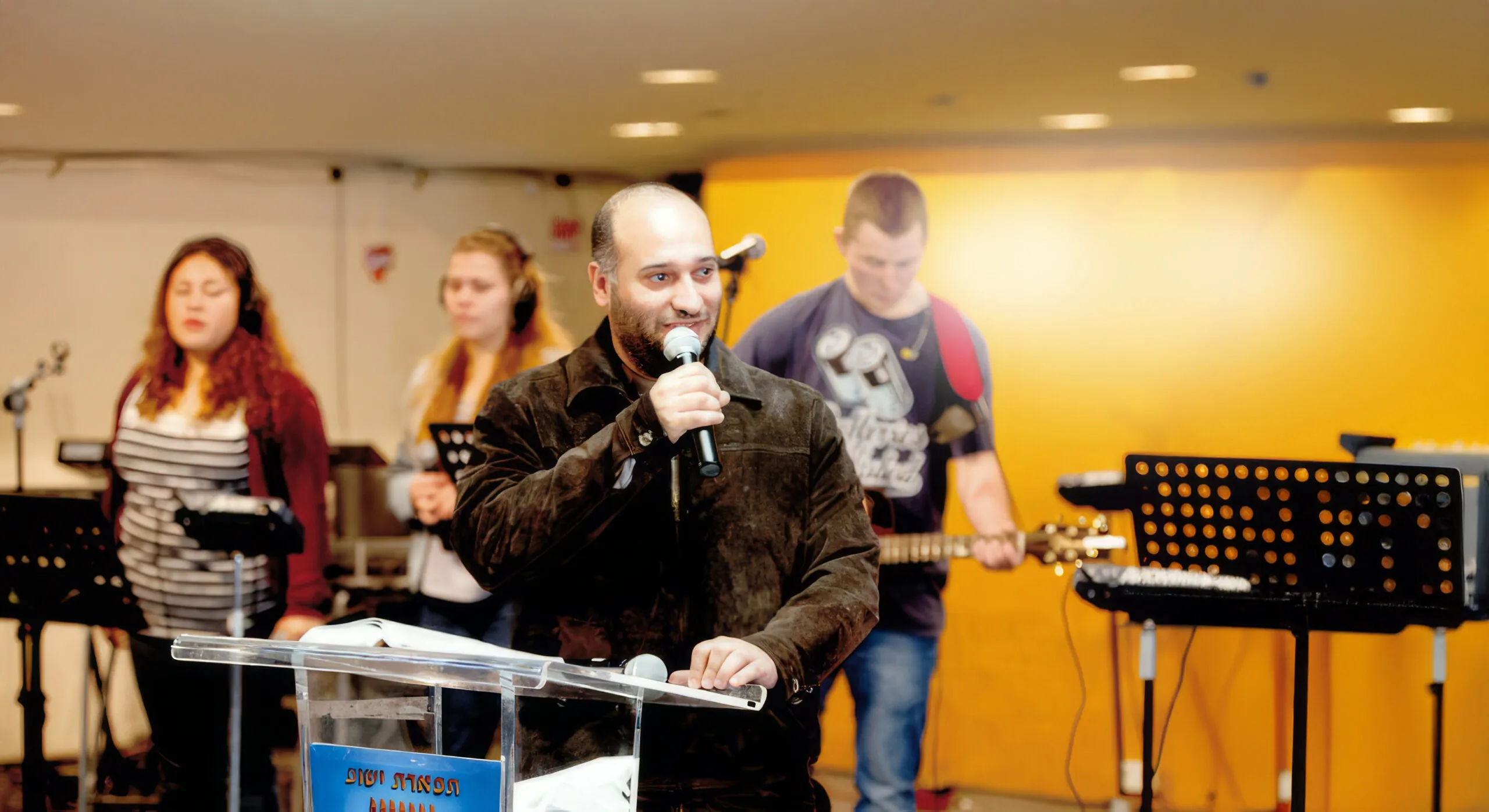
Israel’s First Indigenous Pastor?
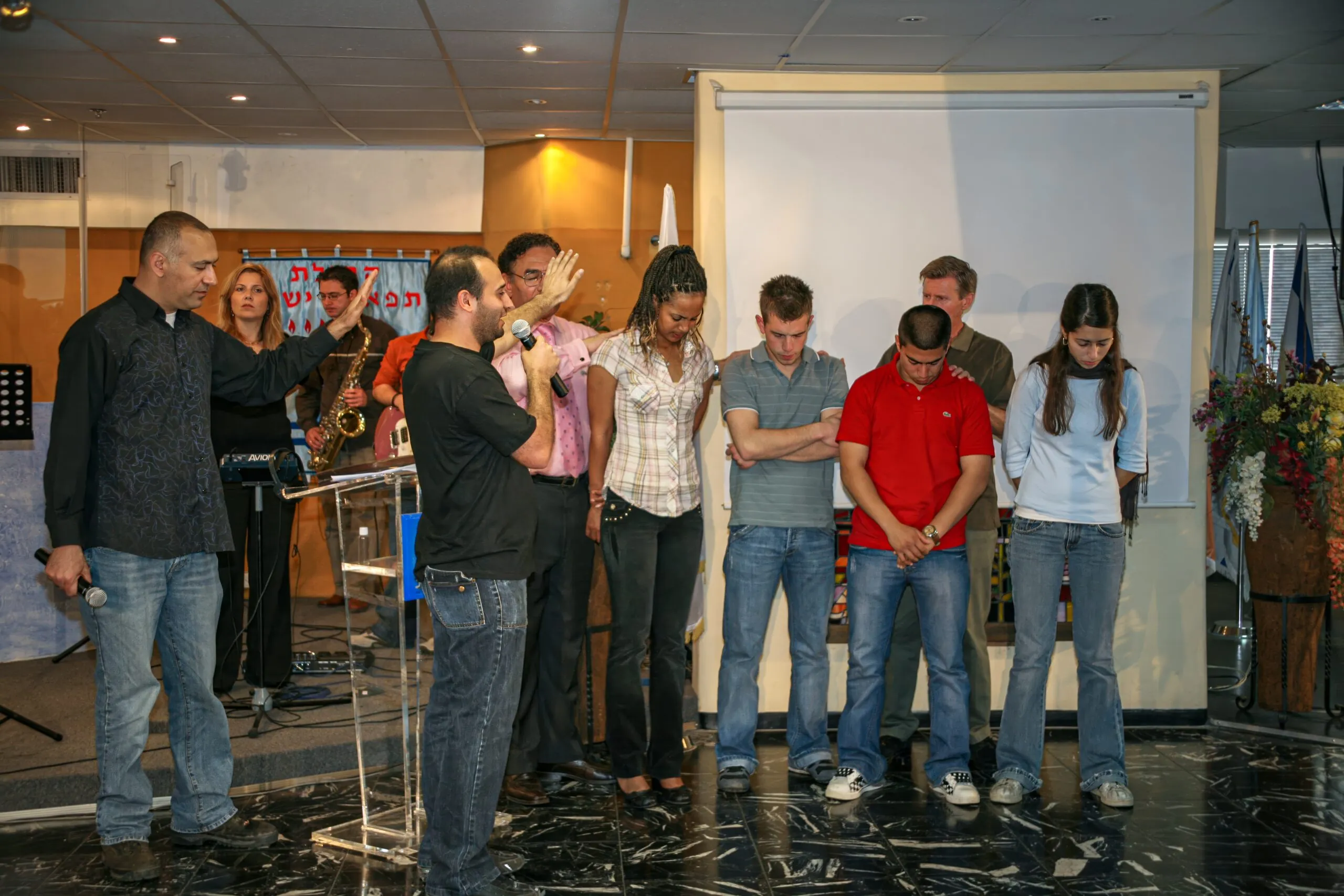
Rooted and Rising in Israel
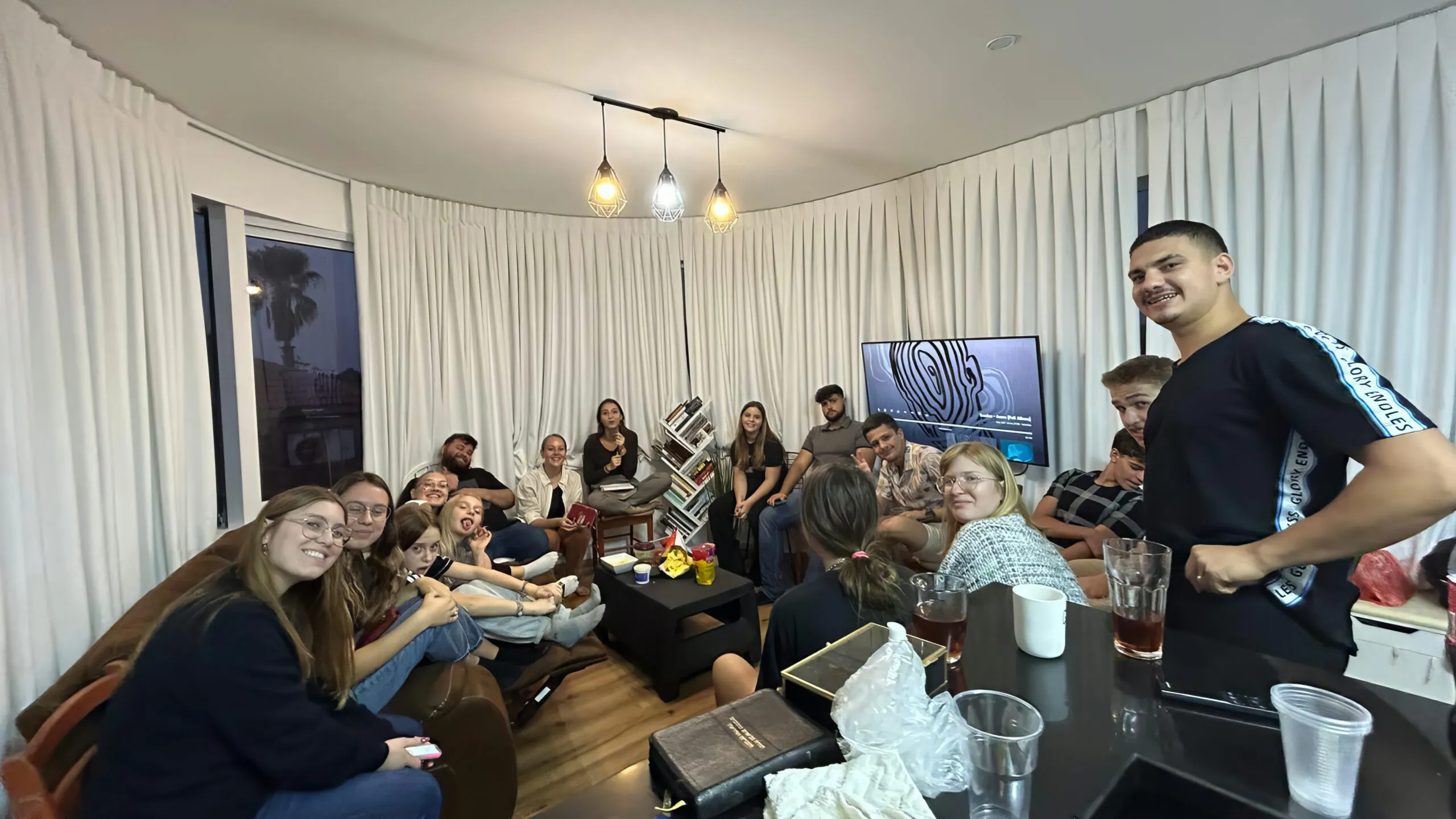
A New Generation Rises
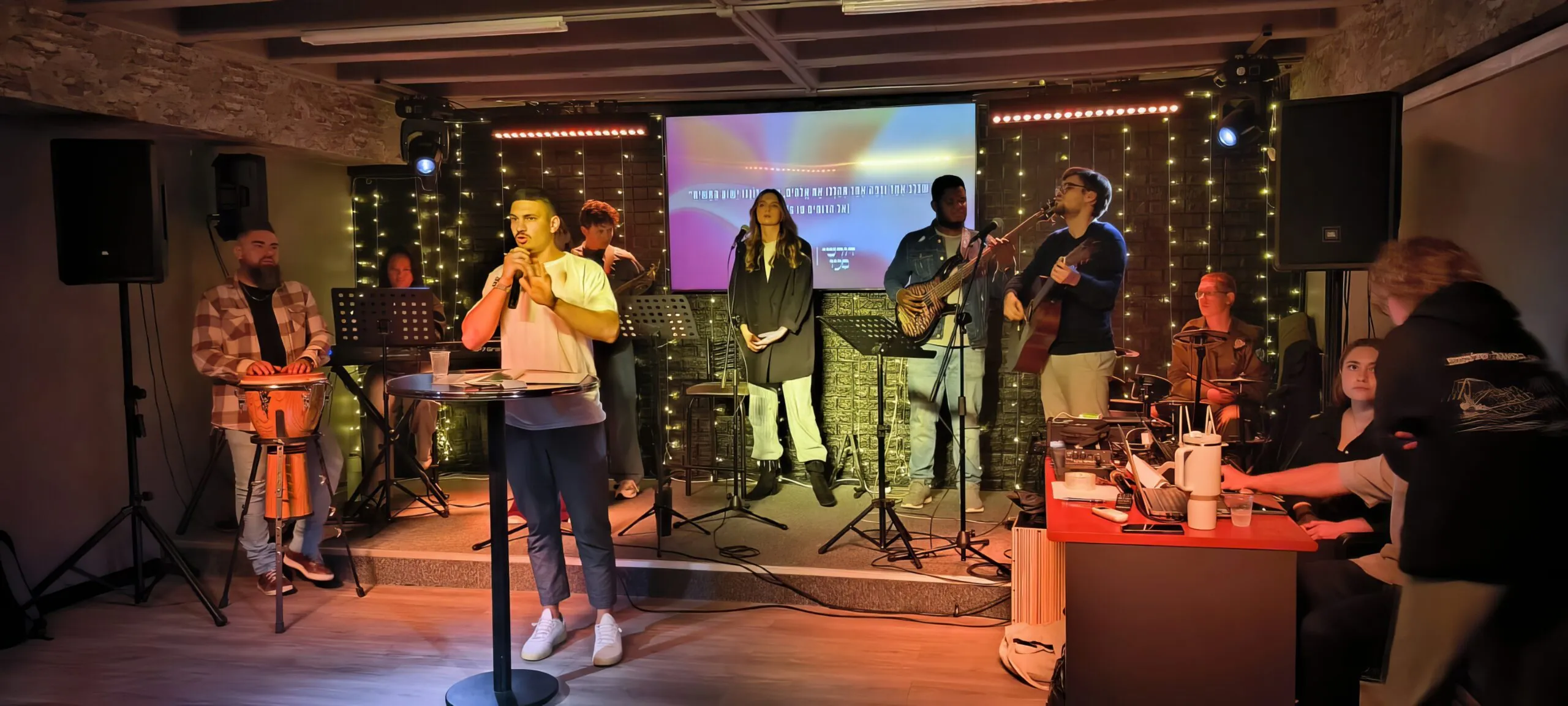
Leaders in the Making
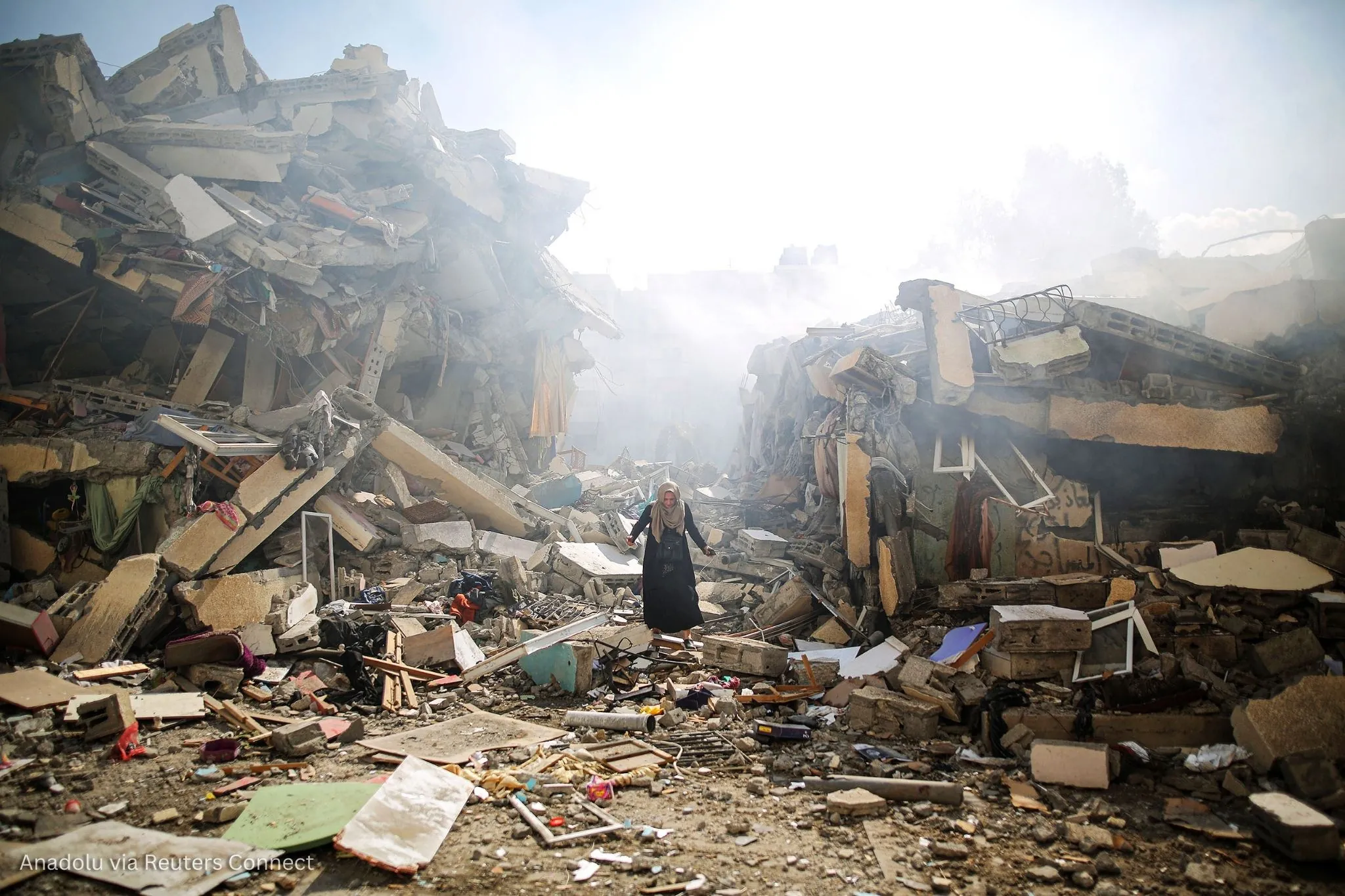
Free Gaza
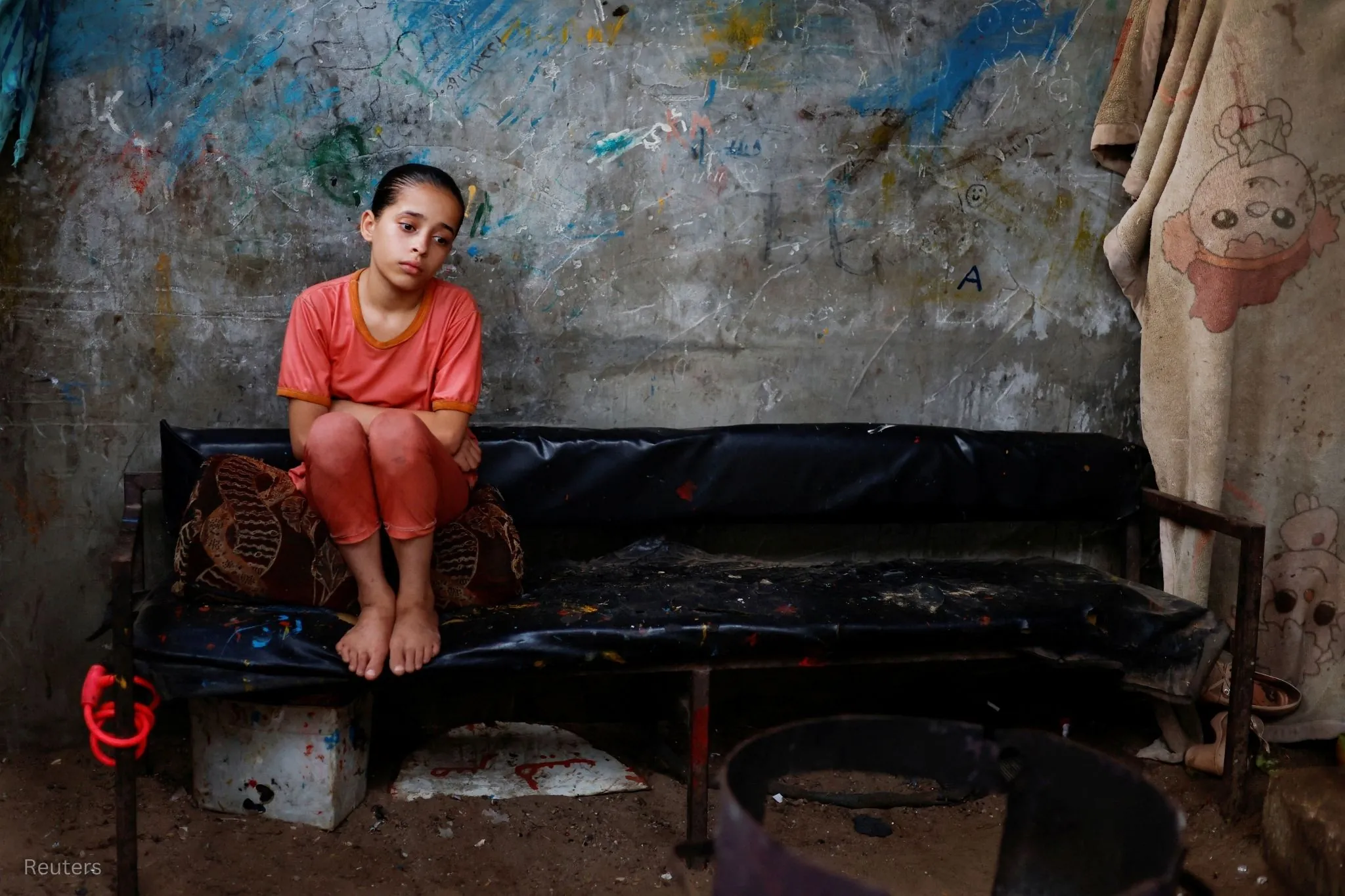
Bringing Light Beyond Borders
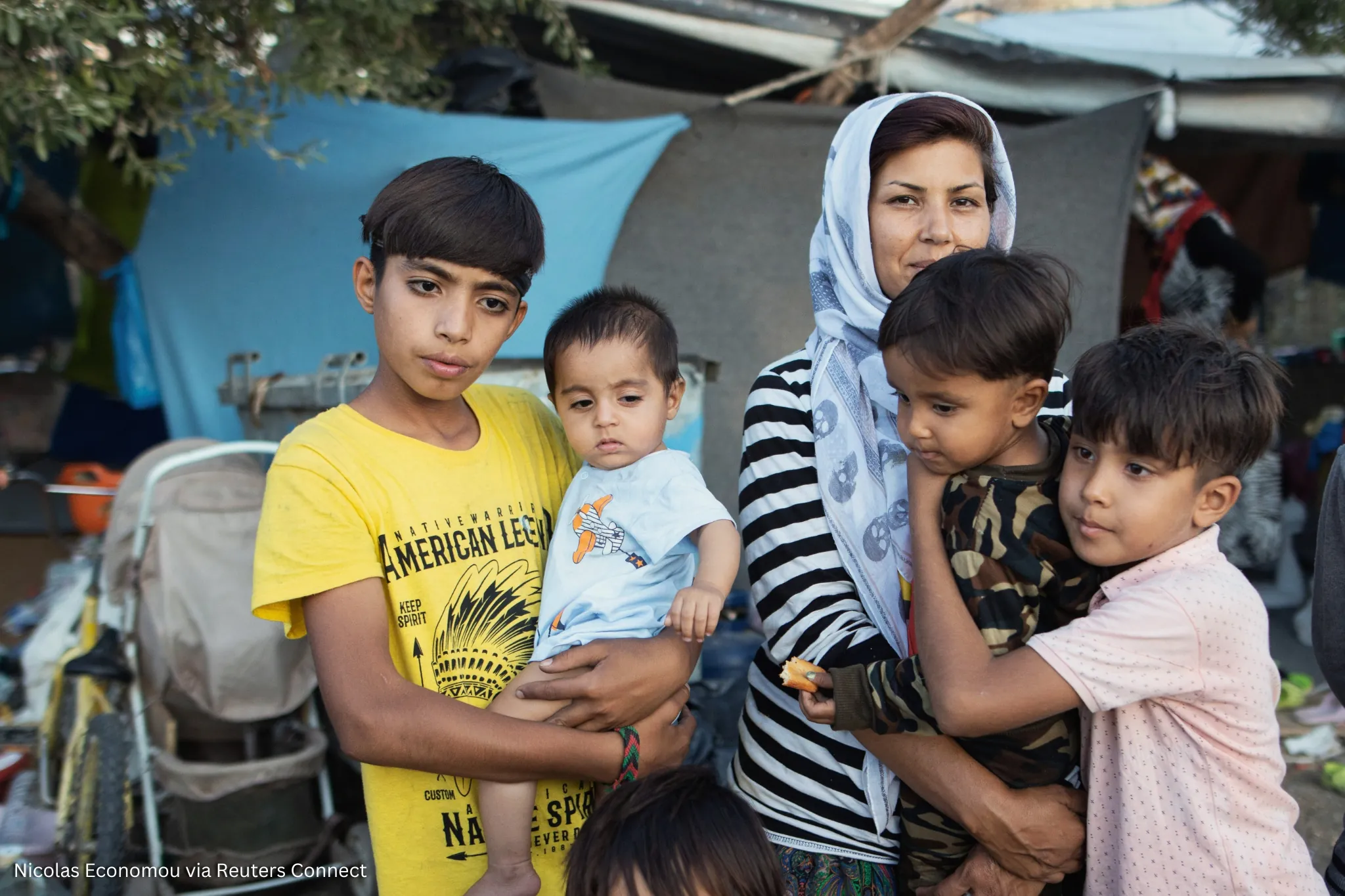
From Crisis to Christ
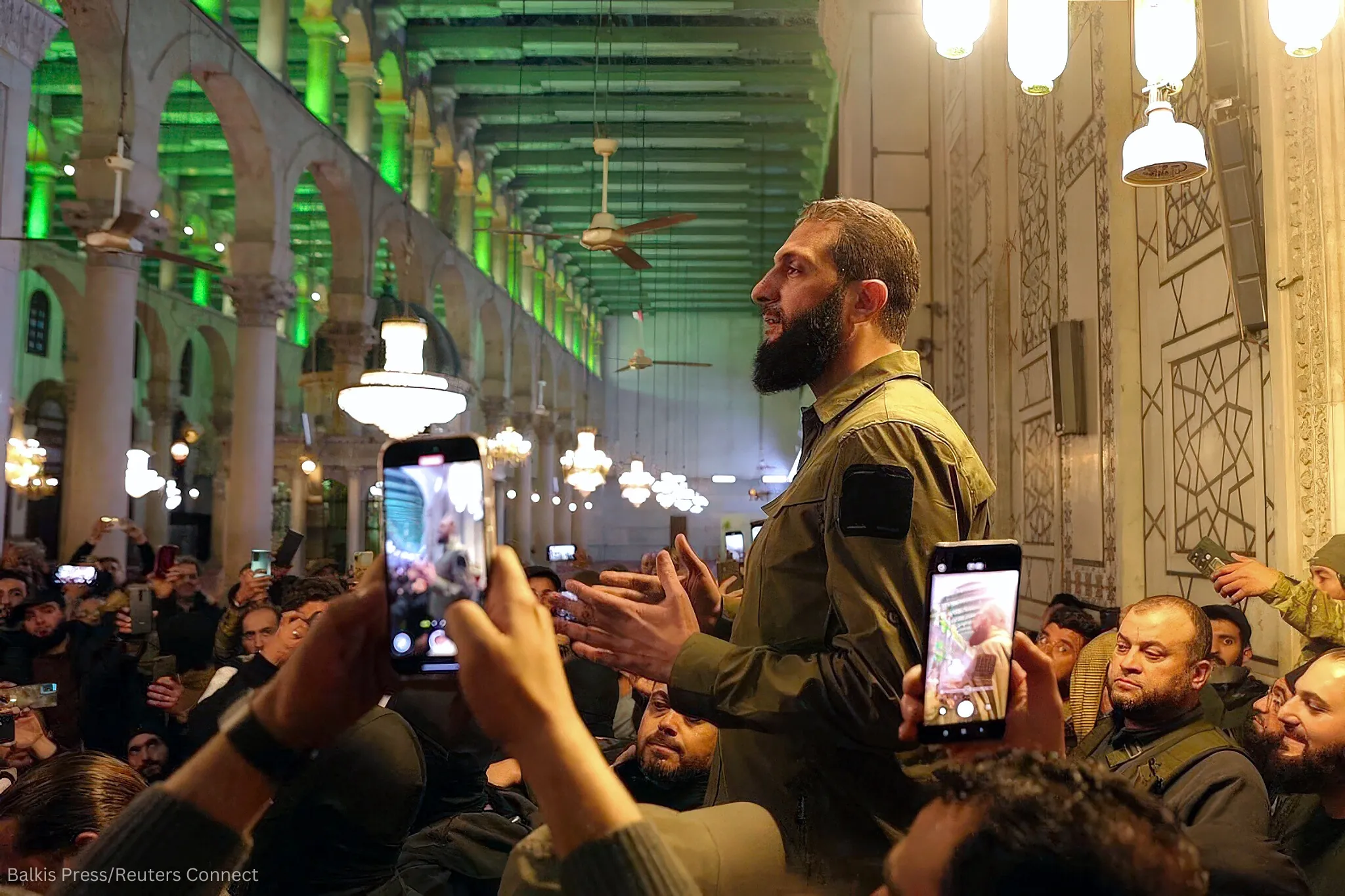
Rebranding the Terrorist
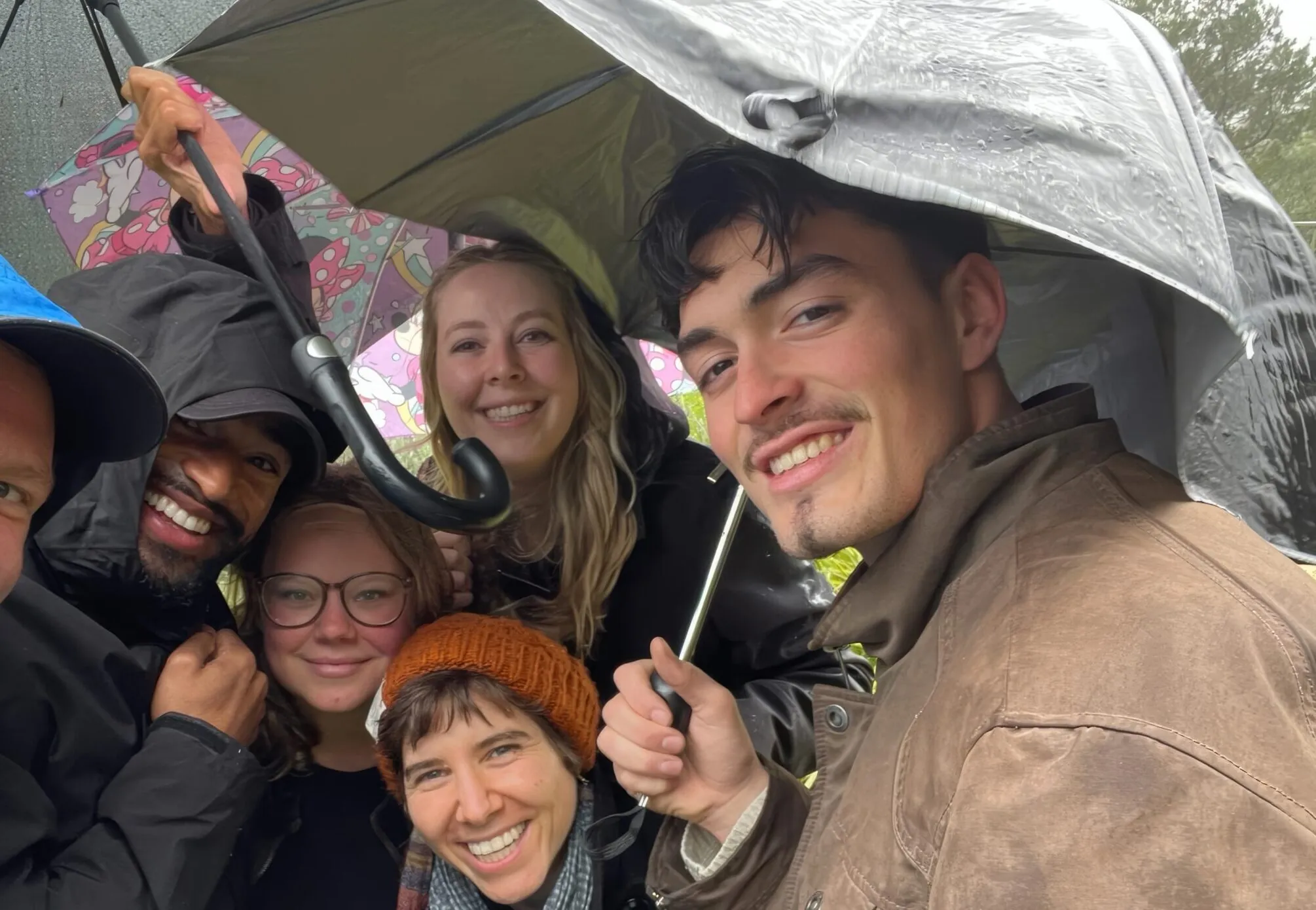
Shmuel is Hebrew for Samuel
